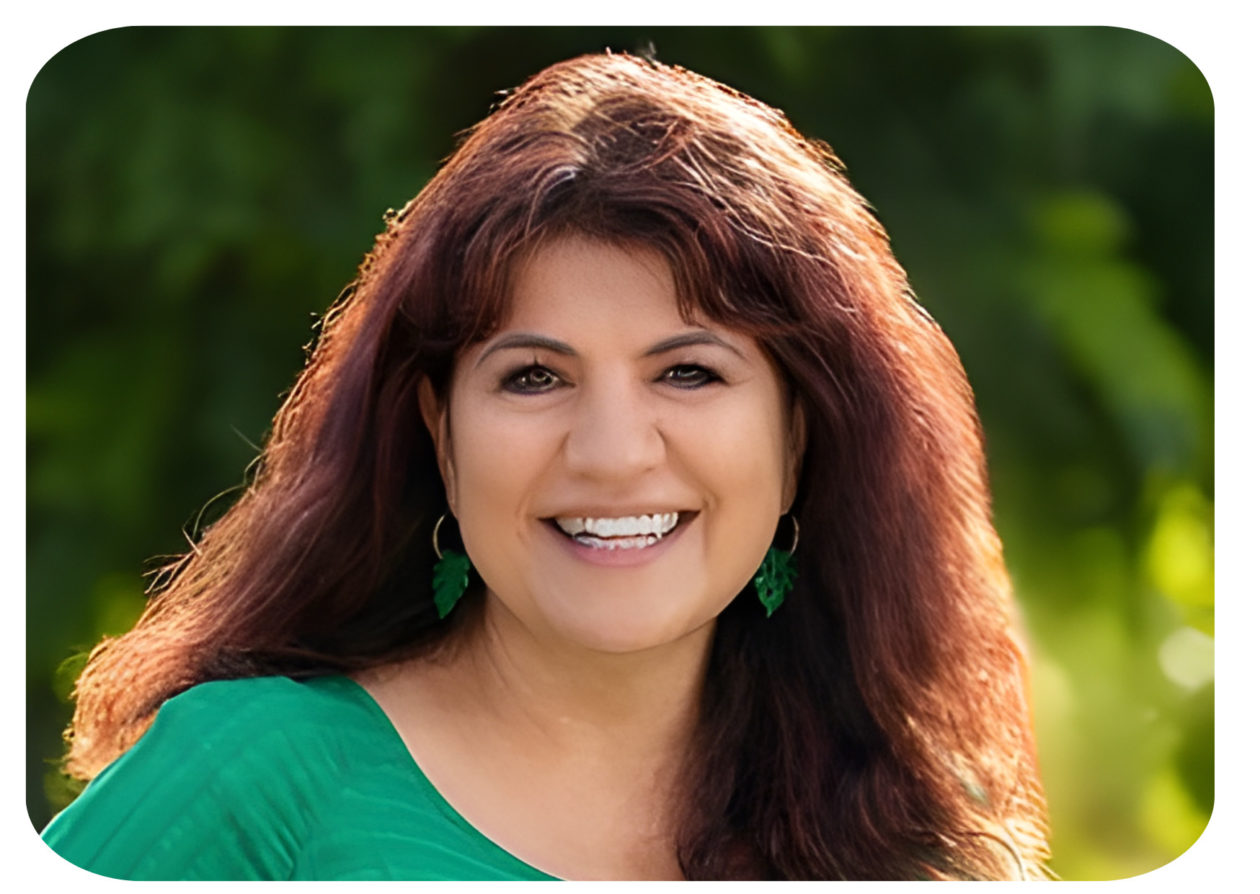Sharing my research at the New Zealand Gerontology Association Conference

I’m delighted to share that my abstract has been accepted for the upcoming New Zealand Gerontology Association Conference.
This is something I’ve been working on for a long time, and I’m really excited to finally have the opportunity to share it.
For many people who enter academia from practice, research questions often come from the problems we see day-to-day in our work.
For me, it was noticing how often dementia training didn’t have the impact we hoped for. Staff would complete the training, but the change in practice didn’t always follow.
That tension between training delivered and learning lived is what inspired my study.
My doctoral research looks at how learning really happens in dementia care. Dementia care is deeply complex, relational, and skilled.
Staff don’t just need clinical knowledge they need to work within a bio-psycho-social understanding while navigating tight regulations, workforce pressures, and digital systems.
These systems shape what gets noticed, what gets recorded, and what counts as “knowledge”.
I’ve explored how technologies like digital care plans and dashboards influence what staff prioritise.
At times, these tools narrow our focus to tasks and risks, pushing the voice of the person into the background.
But there’s also opportunity here: if designed differently, technology could help us capture not only what we do but also how we feel.
And that matters, because feeling and learning are deeply connected. When staff reflections, emotions, and insights are valued alongside clinical data, care becomes richer, more equitable, and more person-centred.
The heart of my argument is simple: learning in dementia care is more than training. It is emergent, situated, and collective. It is shaped by the tools we use, the language we choose, and the voices we centre.
I’m so pleased that this work will have a platform at the conference, and I’ll also be sharing it more widely in some of our upcoming events. Watch this space.

